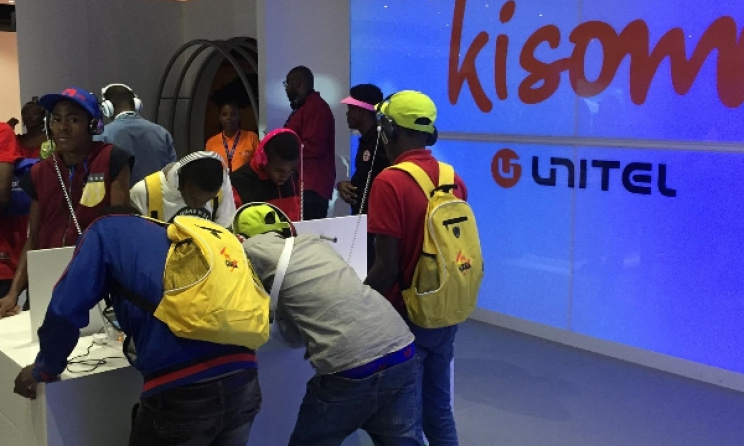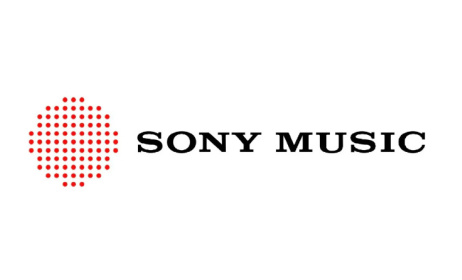Angola’s Kisom offers first African ‘all you can eat’ music service
Kisom, Unitel's music streaming service in Angola, was launched at the beginning of August 2015, starting with a marketing campaign on TV and radio aimed at emerging local artists and their music.
 Angolan youngsters using Kisom. Photo: www.menosfios.com
Angolan youngsters using Kisom. Photo: www.menosfios.com
Miguel Soares, Unitel's Marketing Manager, wanted to make sure that what was on the service "represented the music in Angola”. To achieve this, the company signed agreements with two local record labels, as well as separate contracts with new artists. It also has music from the three big international labels: Sony, Warner and Universal and it works with South African music platform Simfy (recently rated the top music streaming platform in Africa).
Currently the balance between local and international track listening is 60/40 because access to international music is still something of a novelty, but Soares believes this will change. There is tendency to say that everything is local, whereas actually as this shows there is a significant portion of international listening. Taking another slice at the data, the most played tracks are 80% local and only 20% international.
The mobile operator has positioned itself as a promoter of local music, so when an artist releases a new single, he or she does so jointly with Unitel and they accompany it with an SMS promotion for the single. It has also organized three big live music events. Recently it has released an album celebrating the 40th anniversary of Angola's independence, featuring both old and young generations of performers.
The new music bundle is unusual for Africa in that it is an "all you can eat" service with the cost of unlimited data built into the service. The operator understood its customers’ very real "fear of losing data" and therefore designed a service that takes away this major psychological barrier. Soares laughed when he revealed: "We are often blamed for having a better network. People tell me 'my balance goes too quickly'." The Kisom service costs either 200 kwanzas (about US$1.49) a week or 700 kwanzas (about US$5.20) a month.
Levels of brand awareness are high. Soares explained: "People know what Kisom is… but (the perception of the high cost of) data is still an issue. There's a perception that it's not included and we have to work on that. Education is really the issue. To make sure of our success, we are also fine-tuning the pricing. Currently it's well used by the middle of the market and we think there's also an opportunity at the high-end of the market where money is not an issue."
Originally it was offered on a two-month free trial basis and it is now transitioning to the pay-for model: 150 000 people have taken the free trial and so far 40 000 have paid for the service. "There will be a Christmas campaign to get more users," said Soares.
35% of Unitel's users have smartphones and it gets between 10-15% of its revenues from data. However, Soares cautions: "Not all smartphone users use them fully." The base of smartphones expanded quickly when it provided cheaper ones but it's still adjusting data pricing and incentives (like doubling the amount when you top up within a certain period) to ensure they are fully used. Unitel is also looking at VoD services and sports online services in the near future. "Content will grow a lot," added Soares.
Originally published in the Smart Monkey TV November 2015 newsletter.




































Comments
Log in or register to post comments